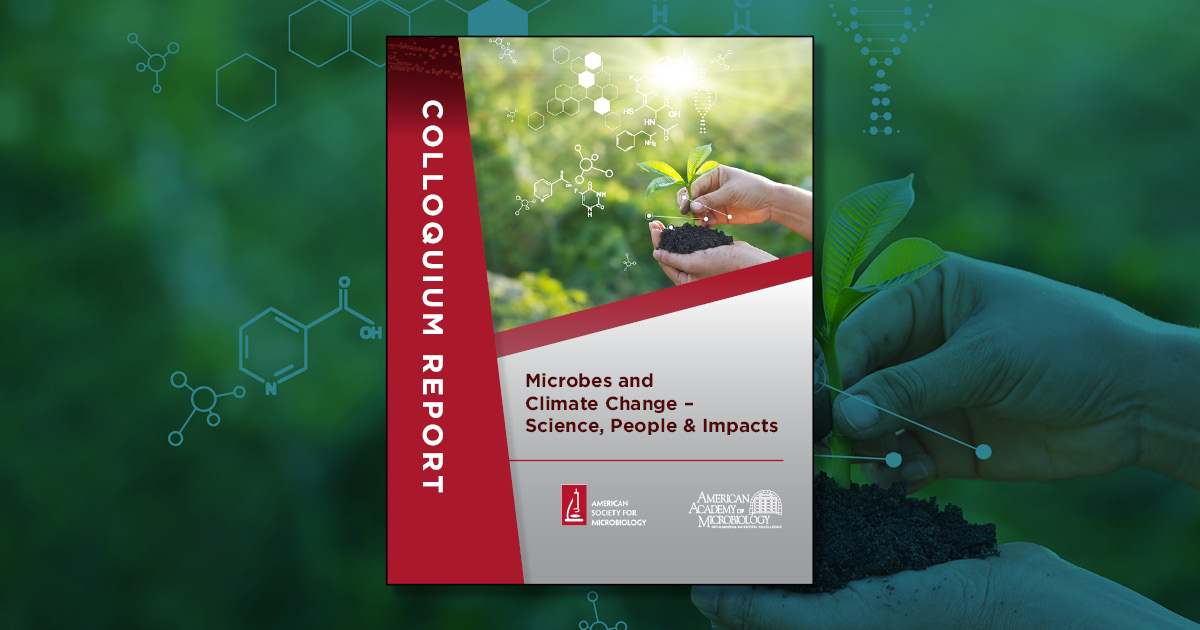Jizhong Zhou, director of the Institute for Environmental Genomics at the University of Oklahoma, has contributed to a new report published by the American Society for Microbiology. The report, Microbes and Climate Change – Science, People, and Impacts, examines the relationship between microbes and climate change.
The report shows that microbes have a pivotal impact on climate change and are, in turn, impacted by it. The report further contends that it is critical to better understand how the changing climate will impact microbes and how they relate to humans and the environment.
The World Health Organization identified climate change as the "single biggest health threat facing humanity in 2021,” citing adverse impacts on water quality, food security and global economies. Additionally, a recent report from the Intergovernmental Panel on Climate Change found changes to Earth’s climate in every region of the world, noting the unprecedented scale and speed in warming of the planet’s surface over the last 200 years.
“ASM’s new colloquium report underscores that in the quest to find solutions for climate change, we, as a society and scientific community, have new opportunities to use microbes to our benefit,” said Nguyen K. Nguyen, the director of ASM’s American Academy of Microbiology.
This report is the outcome of ASM’s November 2021 colloquium meeting, which brought together more than 30 experts from diverse disciplines and sectors who provided multifaceted perspectives and insights. The American Academy of Microbiology, the honorific leadership group and think tank within ASM, convened the colloquium.



